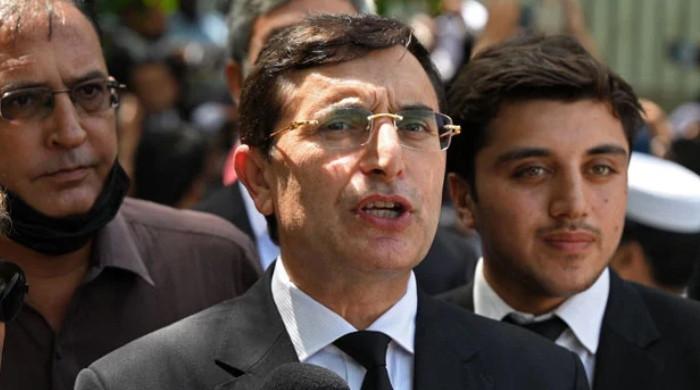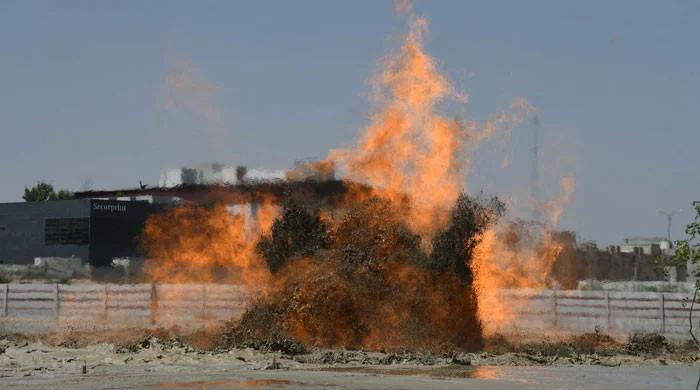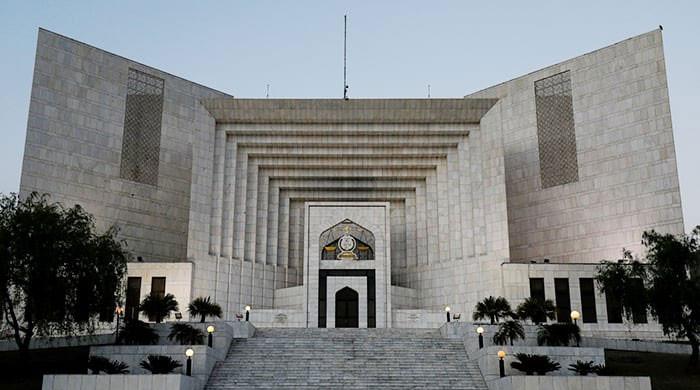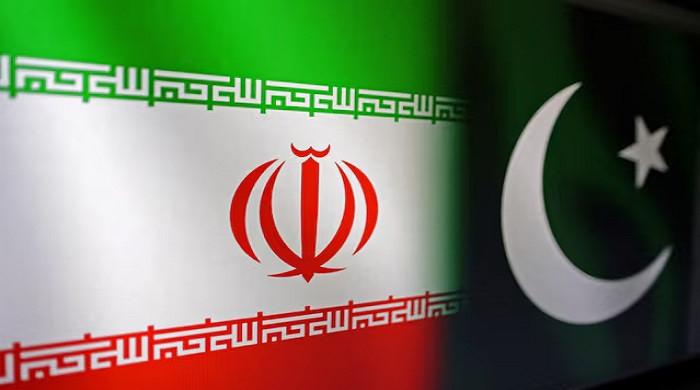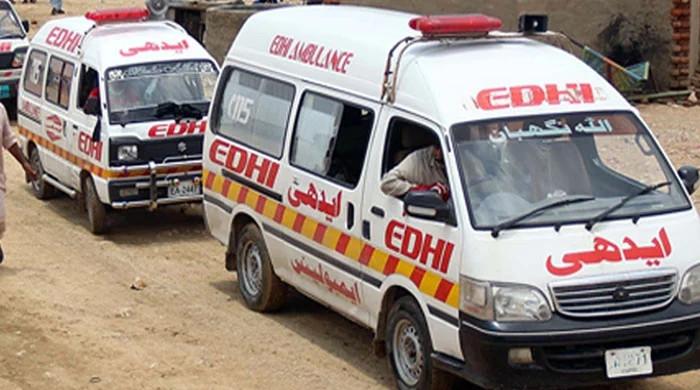Blog: A sneak attack
Just when you begin to have a glimmer of hope for progress in Pakistan, they go and do something so regressive that it shocks the boots off everyone. Our esteemed National Assembly has passed a...
February 07, 2017
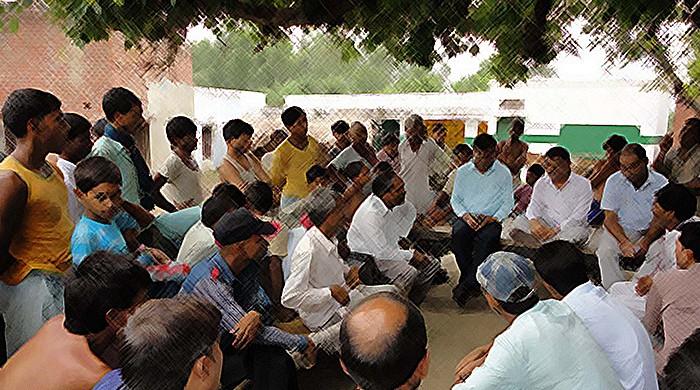
Just when you begin to have a glimmer of hope for progress in Pakistan, they go and do something so regressive that it shocks the boots off everyone. Our esteemed National Assembly has passed a bill legalising the jirga and panchayat systems. Of all the self-defeating legislations we could have worked on we chose one that is so archaic on all intellectual levels that it should have been disbanded along with slavery. Instead, our elected representatives decided to reward bad behaviour by giving it legal cover. Have we already forgotten Mukhtaran Mai or Ambreen, the 16-year-old killed and set on fire on the orders of the jirga for helping her friend run away with the man she wanted to marry?
Jirga-ordered killings and other inhumane punishments are long established as a sub-category of honour-related violence for these ‘judgments’ are backed by centuries-old traditions like vani and swara. And they all have one thing in common: women pay the price of men’s actions that are deemed dishonourable in our stuck up society.
What is more shocking than this Alternate Dispute Resolution (ADR) Bill, 2016, is the fact that only 23 MNAs out of 342 were actually present in the assembly when the bill was put up for vote i.e. the bill was passed by less than 8 percent of the legislators without anyone of them objecting to the lack of quorum even though opposition leaders like PTI’s Shafqat Mehmood and Dr Shireen Mazari and PPP’s Nafisa Shah were present on the floor. That's how easily and swiftly the responsibility to provide justice in the most vulnerable areas of the country was gifted to one of the most notorious segments of society. This goes on to reinforce the reality of democratic autocracy in Pakistan.
In his defence of providing constitutional cover to such a primitive justice system Law Minister Zahid Hamid thinks it’s a good way to ensure speedy redressal of petty civil matters in the wake of backlogged courts. There are several things to note here. First, no doubt jirga/panchayat is speedy but with an ill-equipped system of evidence gathering we all know what speed does to justice in Pakistan.
Second, there is no need to create a parallel tier when there’s an ombudsman office already in place which can be given the expanded responsibility to resolve the 23 types of civil and criminal disputes listed in the ADR bill.
Third, jirgas and panchayats in Pakistan comprise entirely of men while honour is almost entirely women’s burden to bear. This dichotomy alone should have been enough to not entertain the bill. It has been established time and again by various questionable and criminal ‘judgments’ that the men comprising jirgas/panchayats prefer to uphold patriarchal values over human rights.
Fourth, an overwhelming number of men in jirgas fall way below the globally recognised standards of common sense or decency, so expecting even rudimentary understanding of the law from them is beyond reason. Then there’s the matter of legal lacunas which tend to favour culprits over victims.
Fifth, under ADR system the government will appoint ‘neutral arbitrators’ to judge disputes, so even the government doesn’t trust jirgas/panchayats. The law minister also said that no punishment will be meted out under ADR. As very few victims in rural areas have the means, money or access to proper courts it’s a given that serious crimes will end up with jirgas leaving the door open for coercion of victims and allowing criminals to go scot-free in the name of ‘dispute resolution’. So it’s a mystery why the ombudsman office or lower courts were not strengthened and their reach not expanded to far flung areas instead of creating a vague and weak parallel setup.
And lastly, ‘dispute resolution’ is not climate change or healthy living. You can’t have an Alternate Dispute Resolution mechanism in areas which lack access to a mainstream judicial system.
The government has learnt nothing from its past dealings with panchayats. We couldn’t even get them onboard over polio and family planning campaigns so what makes the PML-N government think that the jirgas will be willing and competent enough to handle judicial matters in line with the constitution of Pakistan.
Munazza Siddiqui is an Executive Producer with Geo News and Editor Jang-The Economist annual edition
Views of the author do not reflect that of Geo News




